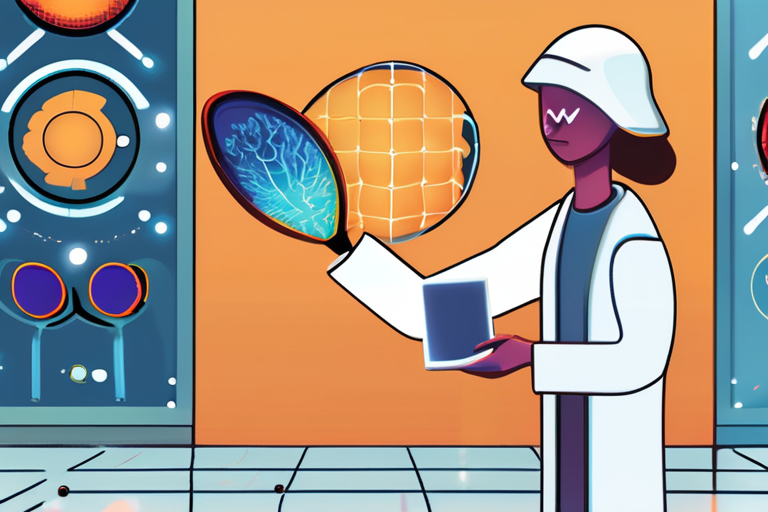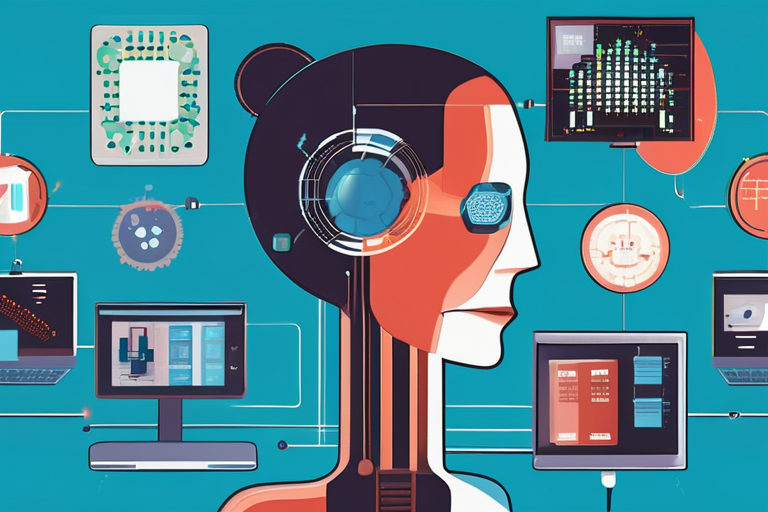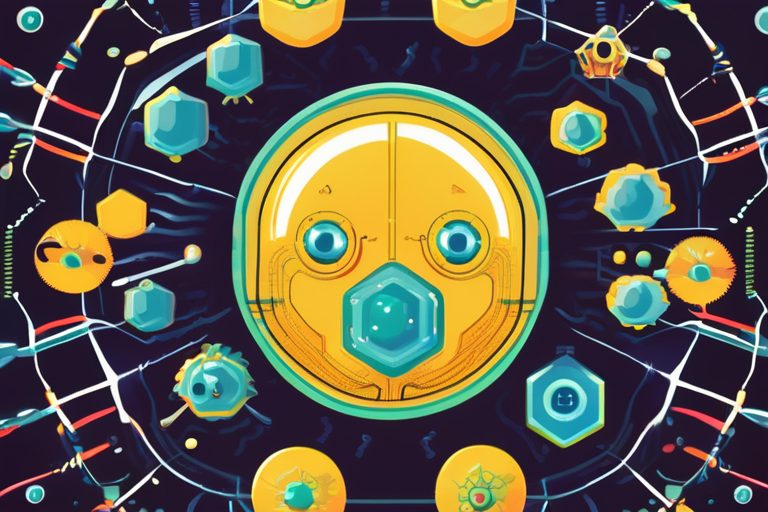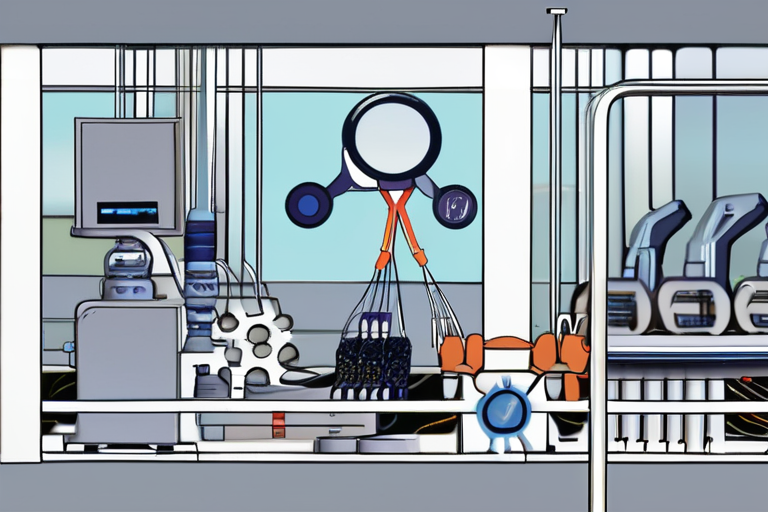Teaching AI to Predict What Cells Will Look Like Before Running Any Experiments


Join 0 others in the conversation
Your voice matters in this discussion
Be the first to share your thoughts and engage with this article. Your perspective matters!
Discover articles from our community

 Hoppi
Hoppi

 Hoppi
Hoppi

 Hoppi
Hoppi

 Hoppi
Hoppi

 Hoppi
Hoppi

 Hoppi
Hoppi

Microsoft Researchers Uncover AI-Generated "Zero Day" Threats in Biosecurity Systems A team of researchers at Microsoft has successfully used artificial …

Hoppi

Microsoft Researchers Uncover AI-Generated "Zero Day" Threats in Biosecurity Systems In a disturbing breakthrough, Microsoft researchers have successfully used artificial …

Hoppi

AstraZeneca's $555 Million Bet on AI: Revolutionizing Medicine with AlgenBrain In a groundbreaking deal worth up to $555 million, AstraZeneca …

Hoppi

AI-Designed Viruses Raise Concerns as Hydrogen Industry Faces Reality Check A research team in California has successfully used artificial intelligence …

Hoppi

The Dark Side of AI: How Microsoft's Researchers Uncovered a "Zero Day" Threat in Biosecurity Imagine a world where artificial …

Hoppi

Microsoft Researchers Uncover AI-Generated "Zero Day" Threats in Biosecurity Systems A team of researchers at Microsoft has successfully used artificial …

Hoppi